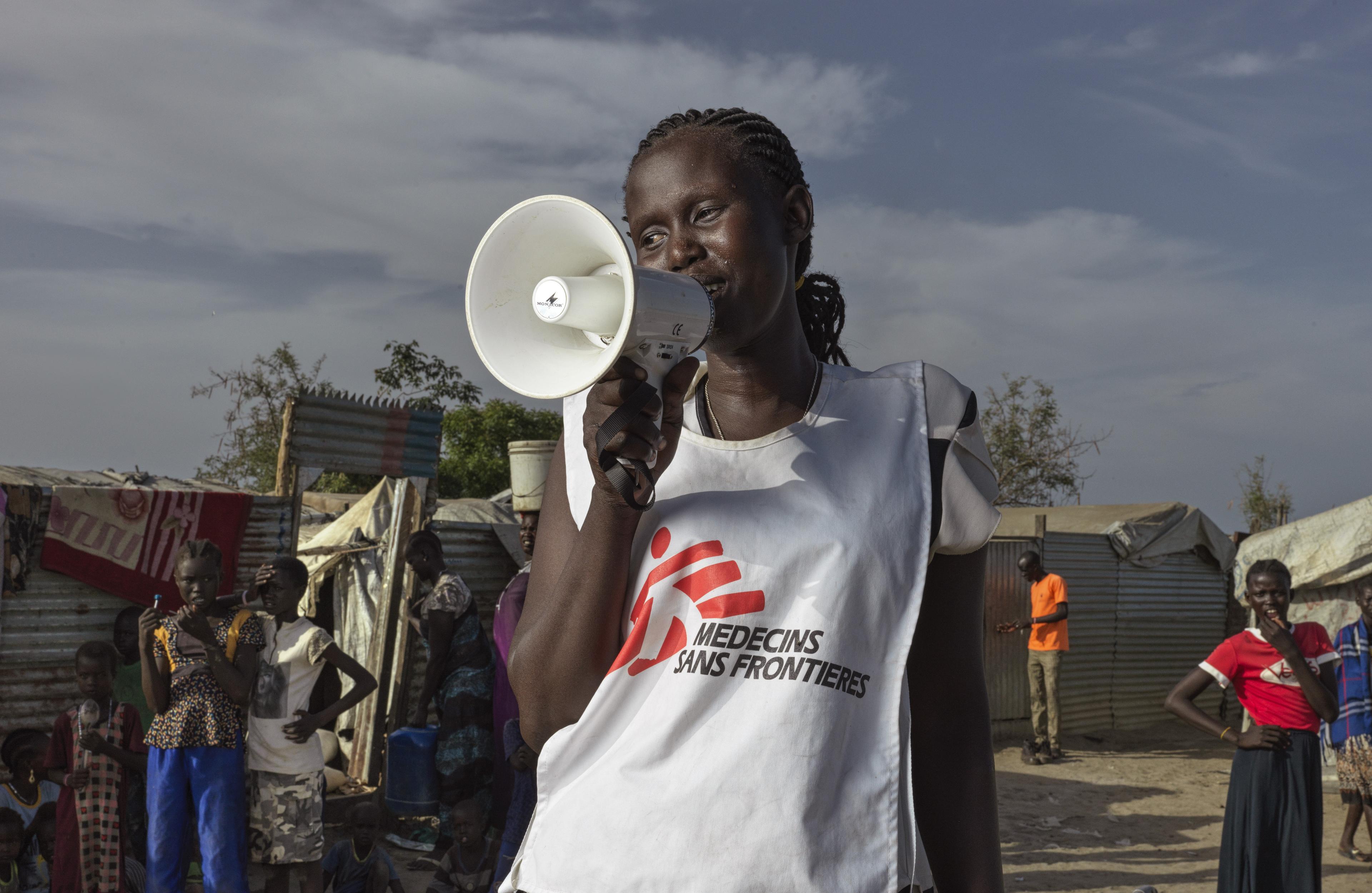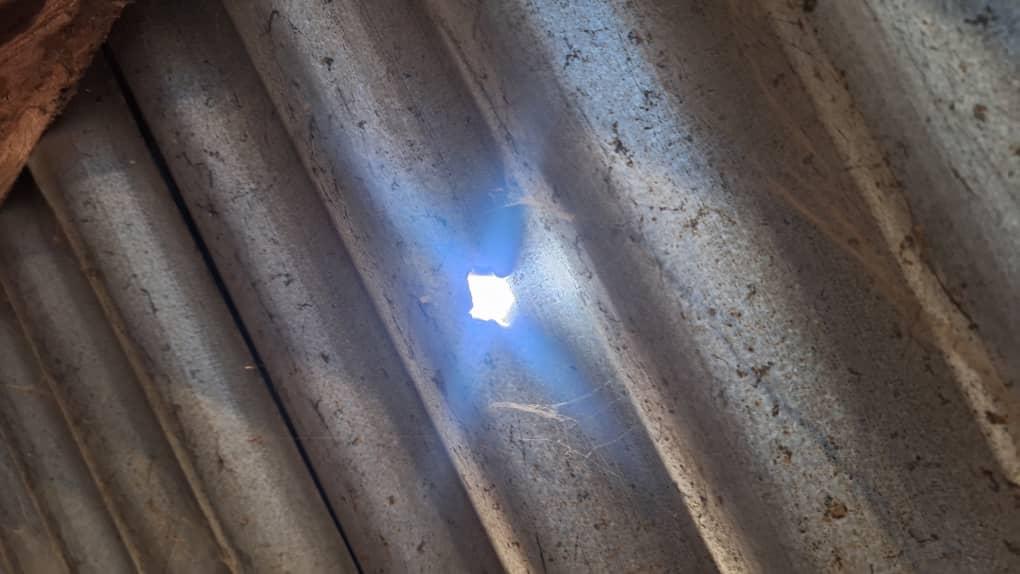Luxembourg War in Middle East
War in Middle East
 Ukraine Emergency Response
Ukraine Emergency Response War in Sudan
War in Sudan

Vote for the Picture of the Year 2025!
Vote for the Picture of the Year 2025 and try to win a copy of the book "MSF Luxembourg au cœur de l’humanitaire", which retraces 40 years of commitment of the Luxembourg association within the MSF movement.

All news12/16/2025
Governments must take concrete actions to ensure equitable access to medical tools for noncommunicable diseases and mental health conditions
With 75% of deaths related to NCDs and mental health conditions in low- and middle-income countries – accounting for 32 million lives lost each year – affordable access to key medical tools should be a necessity, not a luxury.

MSF: Ethiopia’s first R21 malaria vaccine rollout, a global first in a refugee camp
Over 2,000 children fully vaccinated during the first complete campaign carried out entirely in a South Sudanese refugee camp in Ethiopia.

DRC: MSF International President delivers urgent warning to the UN Security Council
Dr. Javid Abdelmoneim, MSF's international president, addressed the United Nations Security Council, calling for recognition of the gap between the political progress displayed and the reality experienced by the populations of eastern DRC.
A Mental Health Perspective from the West Bank: "Palestinians are preparing themselves for loss”
Testimony from a psychologist working in the West Bank with Doctors Without Borders (MSF), who reflects on the effects of the ongoing violence and its impact on the mental health of the population.

MSF Supports Evacuation of 13 additional severely injured children from Gaza to Switzerland
Médecins Sans Frontières (MSF) welcomes the Swiss government’s completion of a second round of 13 medical evacuations from Gaza, after an initial evacuation of 7 injured children on October 24.

Couffo Project, Benin: A Participatory Approach to Reduce Maternal and Neonatal Morbidity and Mortality
Since 2022, Médecins Sans Frontières (MSF) has been implementing an ambitious project in the Klouékanmé, Toviklin, and Lalo (KTL) health zone in Couffo, Benin. The goal: to reduce maternal and neonatal morbidity and mortality through a participatory approach involving local communities. The project will run until 2027.

MSF Healthcare Facility Hit during an Airstrike in South Sudan
MSF healthcare facility was hit during an airstrike on Wednesday 3 December, in the morning hours, in the town of Pieri, Jonglei State, South Sudan.

“No Medication”: Gaps in Healthcare Threaten Lives as Violence Escalates in South Sudan
The population of South Sudan is facing a deteriorating humanitarian situation, while international interest and support continue to decline, Doctors Without Borders (MSF) says in its latest report.